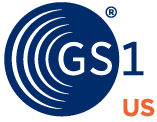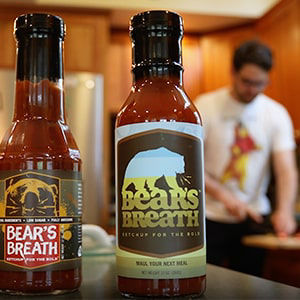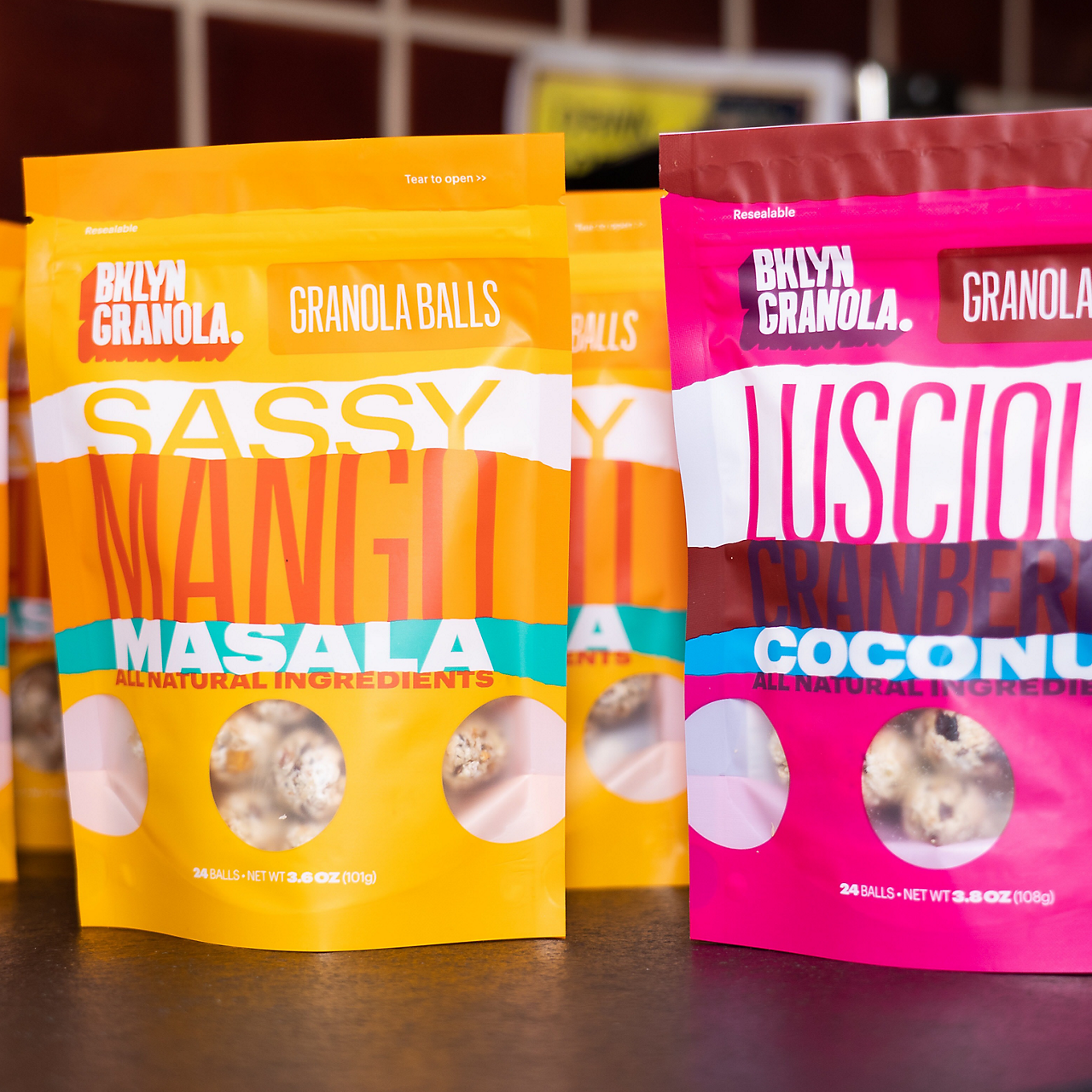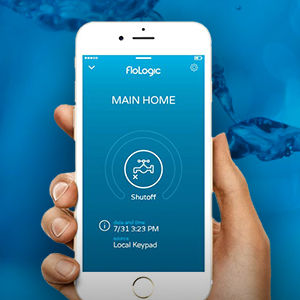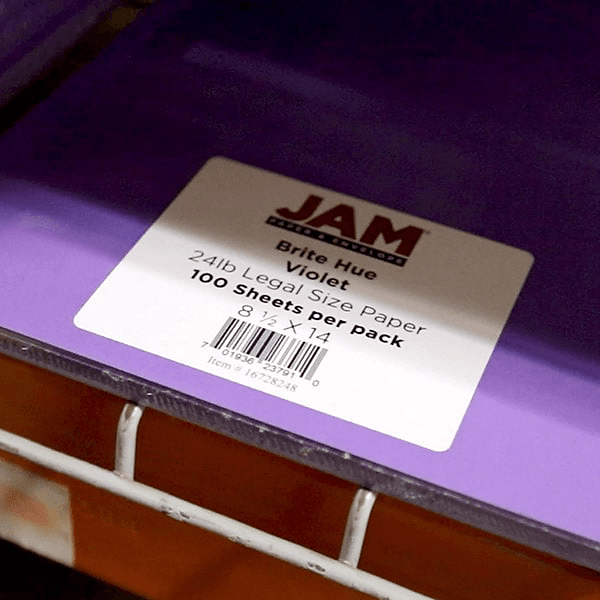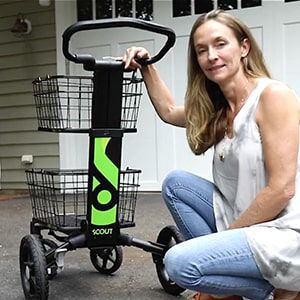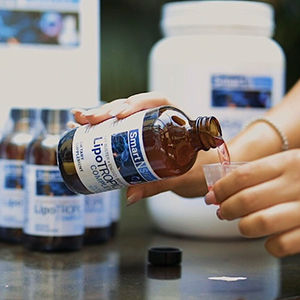-
Simply Smita is a Chicago-based wellness brand that was founded in 2017. The company sells organic body care products made with consciously sourced ingredients and has a strong commitment to the environment, sustainability, fair trade and service.
Creating a new business is an all-consuming process, but the work doesn’t stop after launch. Scaling up is the daunting next step. What does it involve? Smita Kishore, founder of ethical body care business Simply Smita, talks to GS1 US about the challenges of growing her brand while staying true to its mission.
Given the pace of change in the retail environment, what are the biggest opportunities for your business?
More and more consumers want toxin-free body products, and the younger generation in particular also wants brands to be eco-friendly and mission driven. This is exactly what we do. It's a good time for us, because a lot of retailers – big and small – want at least a few brands that represent that market. I think it's only going to grow from here.
What are your biggest priorities in the short-term?
We intend to keep growing our ecommerce sales and, I also want to grow our newsletter readership. An educated consumer will be equipped to demand better from the big box companies that continue to fill products with a ton of really harmful ingredients. So aside from growing our sales, education is a really big goal for me this year.
You sell through retailers and ecommerce. Are there any other channels you use to sell your products?
We use Amazon, and Facebook brings in some sales. And we also have an Etsy shop and take part in markets and fairs every year – One of a Kind in Chicago is one of our biggest shows.
How easy is it to forge relationships with retailers?
It's hard to get retailers to see me. Of the 16 retailers we sell through now, only four accepted us right away.
One of my favorite stores that stock us, a community-owned grocery store, said they were not taking on any new wellness products. It took me months of coming in on my own time and offering free samples to convince the store to sell our products. Now, I'm one of their favorite brands and they order every month.
But our growth means I no longer have time to keep following up with retailers in this way. I do everything: I make the products, I market the products, and I do fulfilment. However, this year we’ve become more targeted. I’ve compartmentalized my schedule so that one day a week my goal is to contact or meet with retailers – but only those that are already looking for what we offer: organic, eco-friendly, mission-driven products.
What are retailers looking for from new brands, and how have you adapted?
They're looking for brands that the customers know. So we talk to our retailers and ask ‘What are your bestselling brands? Why do they sell better?’
As a result, we adjusted our marketing and have information cards that come with each of our products and are displayed in-store. We’ve also revised our packaging because we didn’t think it was selling well. We brightened our colors, and now the labels state very clearly in big letters what the product is – and it has the ingredients on the front. That has been successful for us.
What role do unique product codes (UPCs) play in your business?
We’ve had UPCs on our labels from the start because they set us apart from less reputable businesses. Companies take us more seriously because it makes it easier for them – they enter the code and once it's in their system, we're good to go.
Where do you turn for business guidance and support?
I think it's really important for people to know that they don't have to do it alone. There are so many organizations out there that are willing to help – especially for women and minorities in business.
Our company is a member of a local chamber of commerce, which runs a lot of networking events. I find it helpful to meet other women who are running their own businesses and to realize that they're going through the same struggles and facing the same challenges in different ways.
Shopify Academy was a really helpful platform when we first launched. It’s how I learned to use Google Analytics, code my website, manage my inventory. It's one of the most helpful resources I've used.
What does success look like for you?
If we can scale in alignment with our goals and our mission, that would be the greatest success. A key milestone would be hitting $100,000 in sales without having to sacrifice our principles.
Small Business Spotlight
Explore Member Growth Stories
-
JAM Paper
Family owned and operated since 1955, JAM Paper & Envelope offers a wide range of distinctly colorful paper products.
In this publication, the letters “U.P.C.” are used solely as an abbreviation for the “Universal Product Code”, which is a product identification system. They do not refer to the UPC, which is a federally registered certification mark of the International Association of Plumbing and Mechanical Officials (IAPMO) to certify compliance with a Uniform Plumbing Code as authorized by IAPMO.
